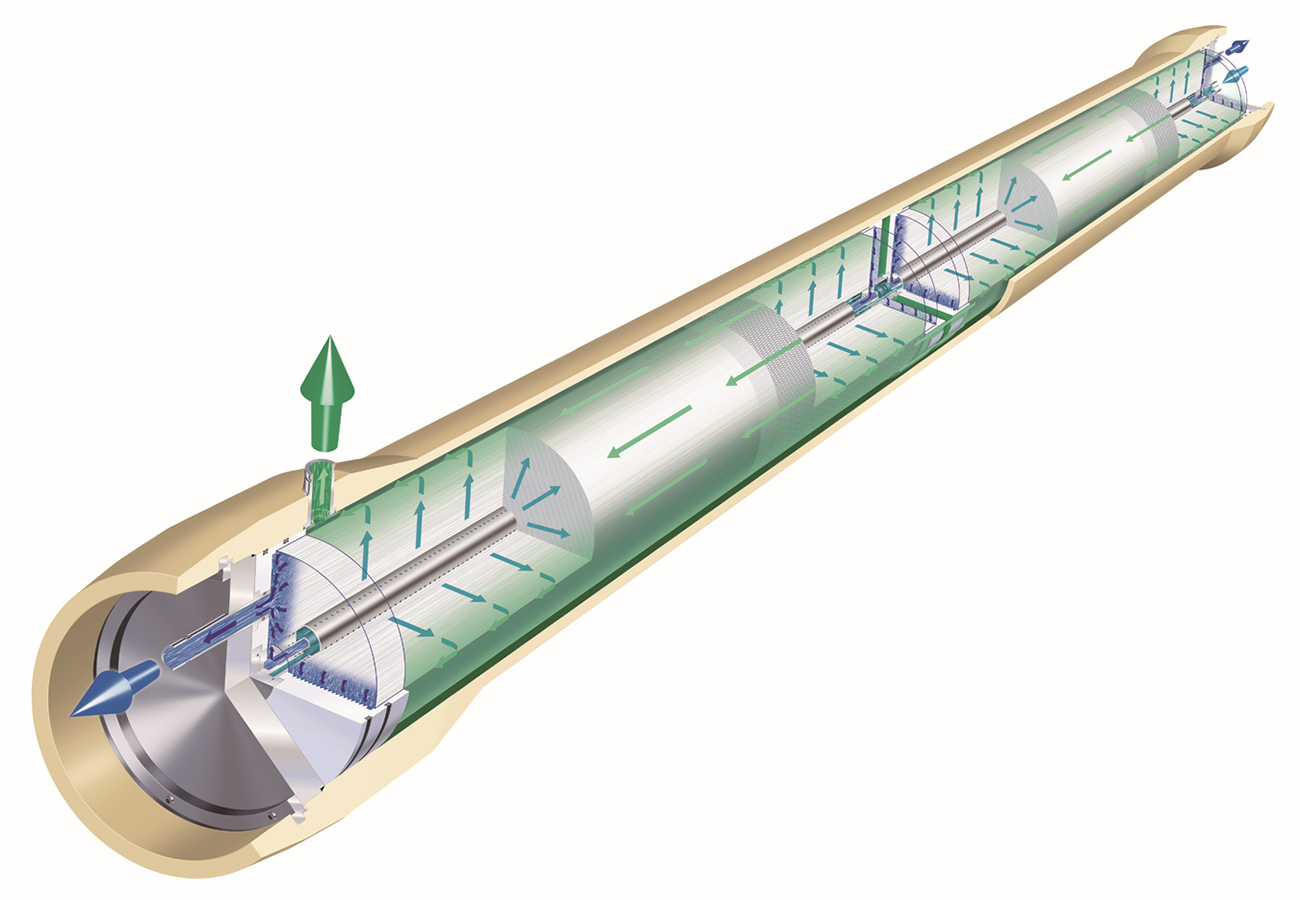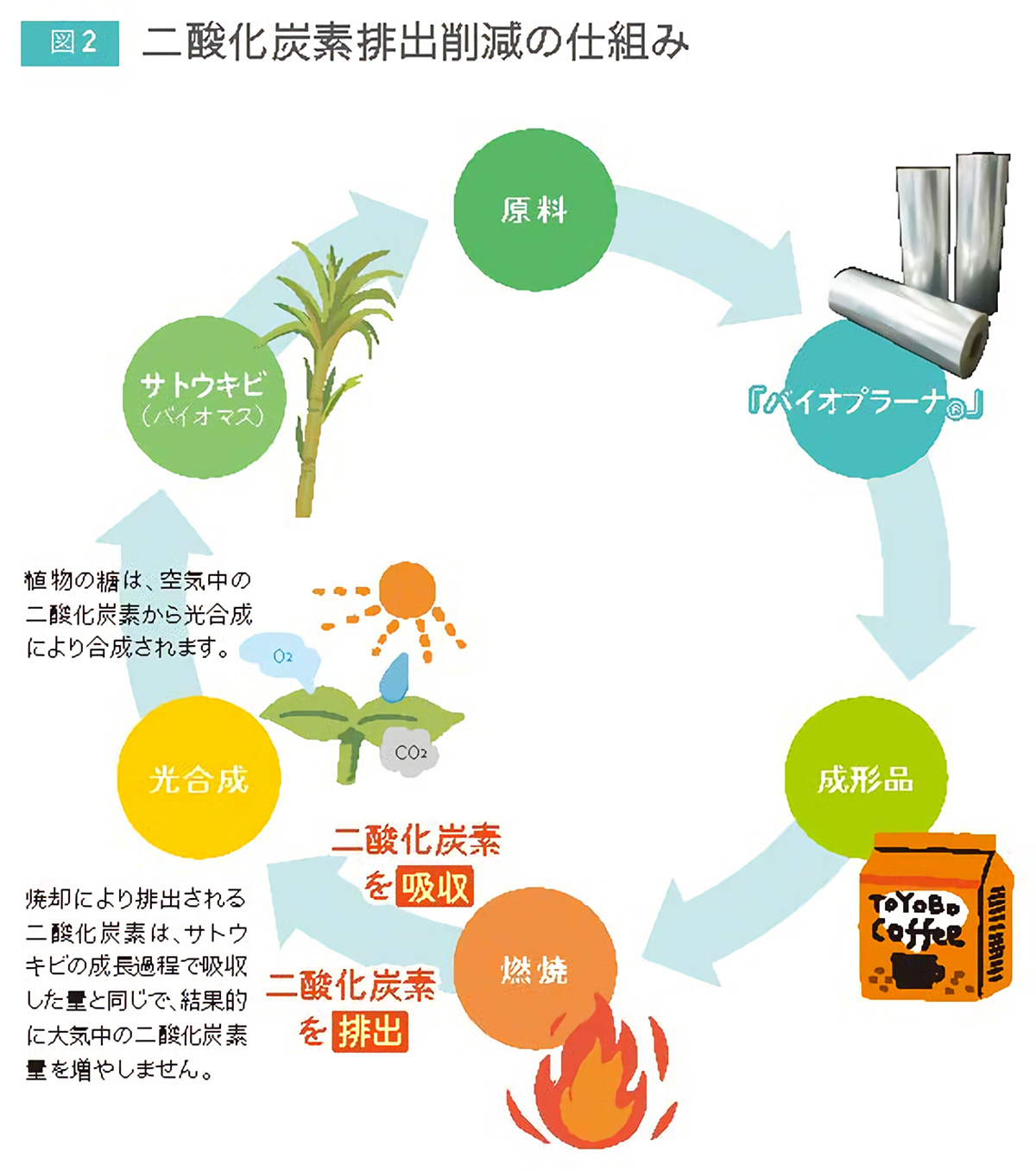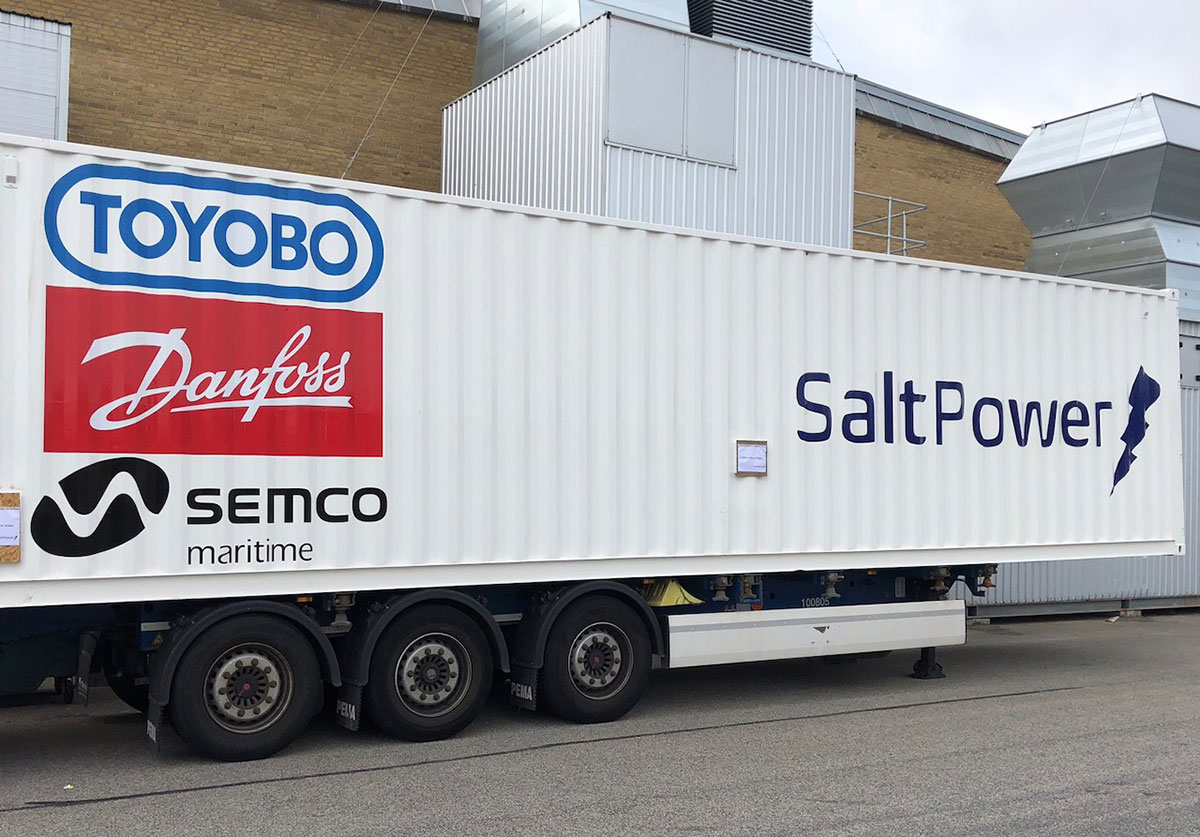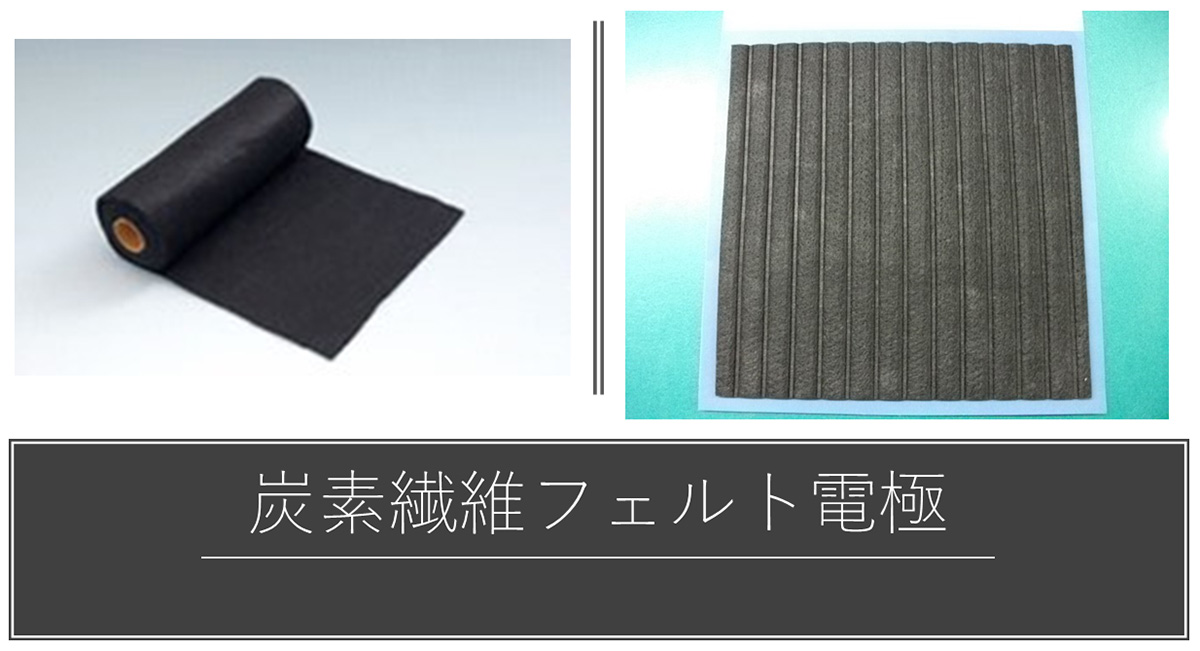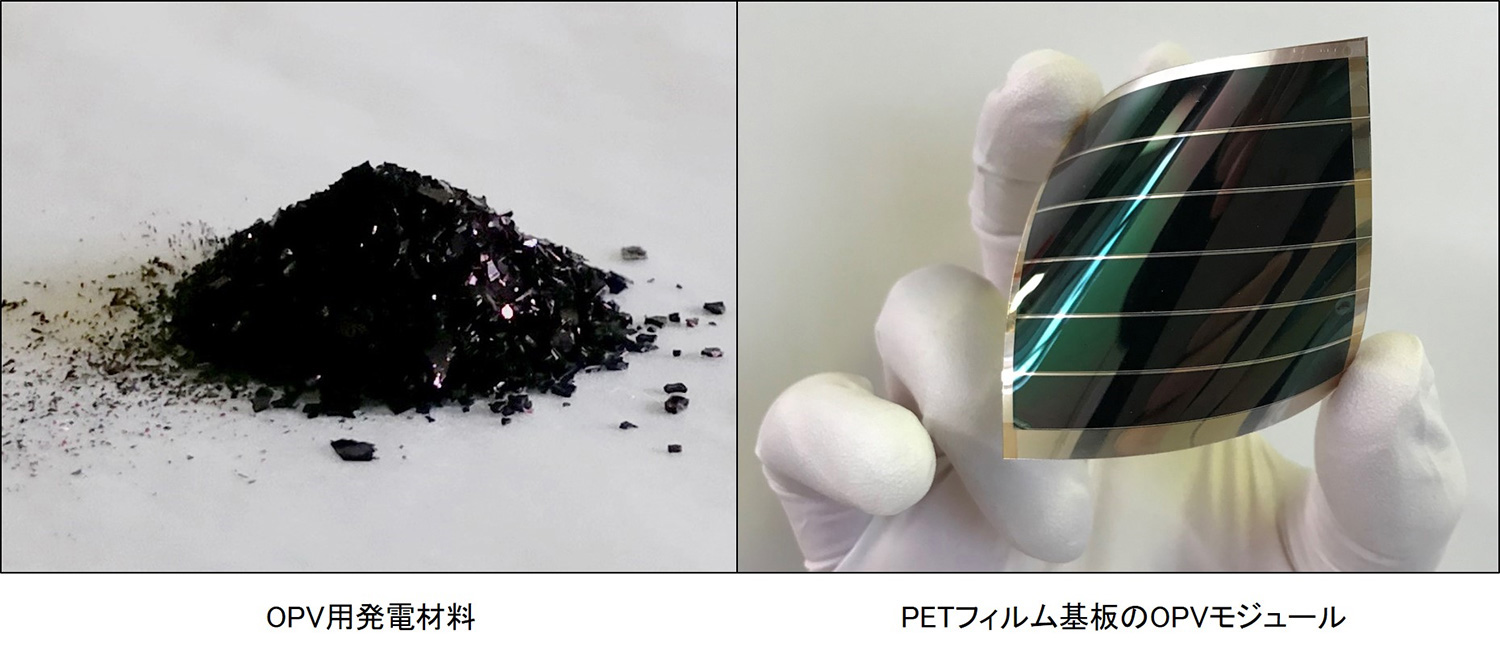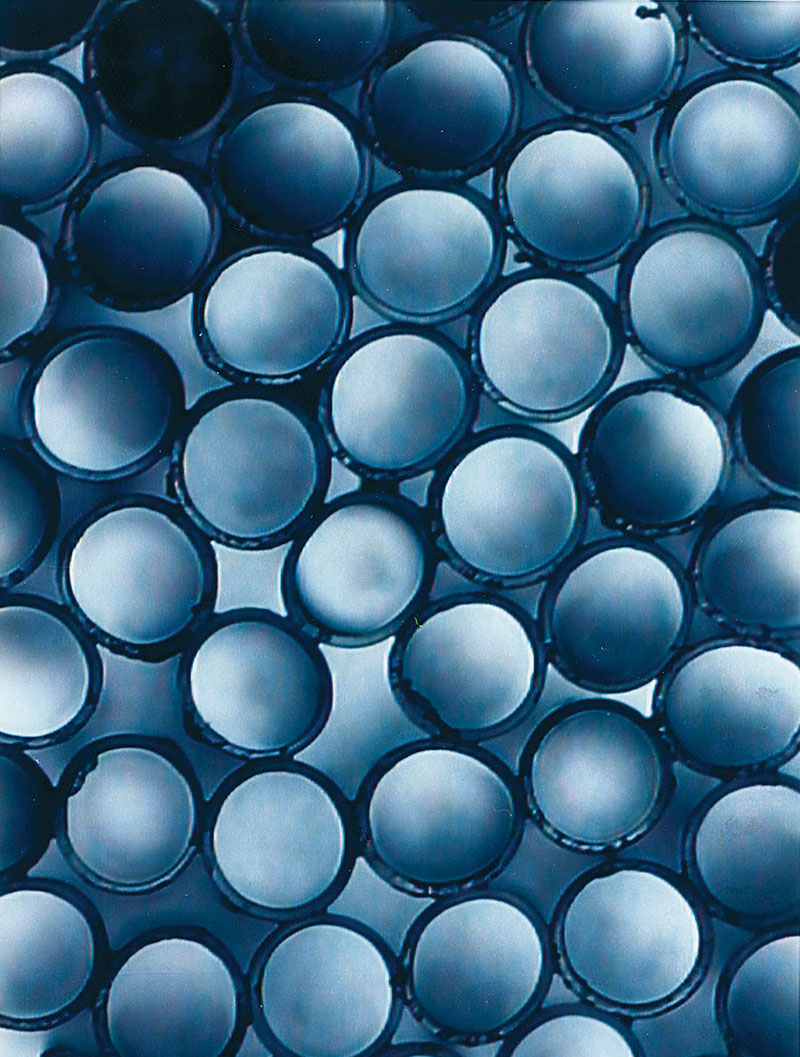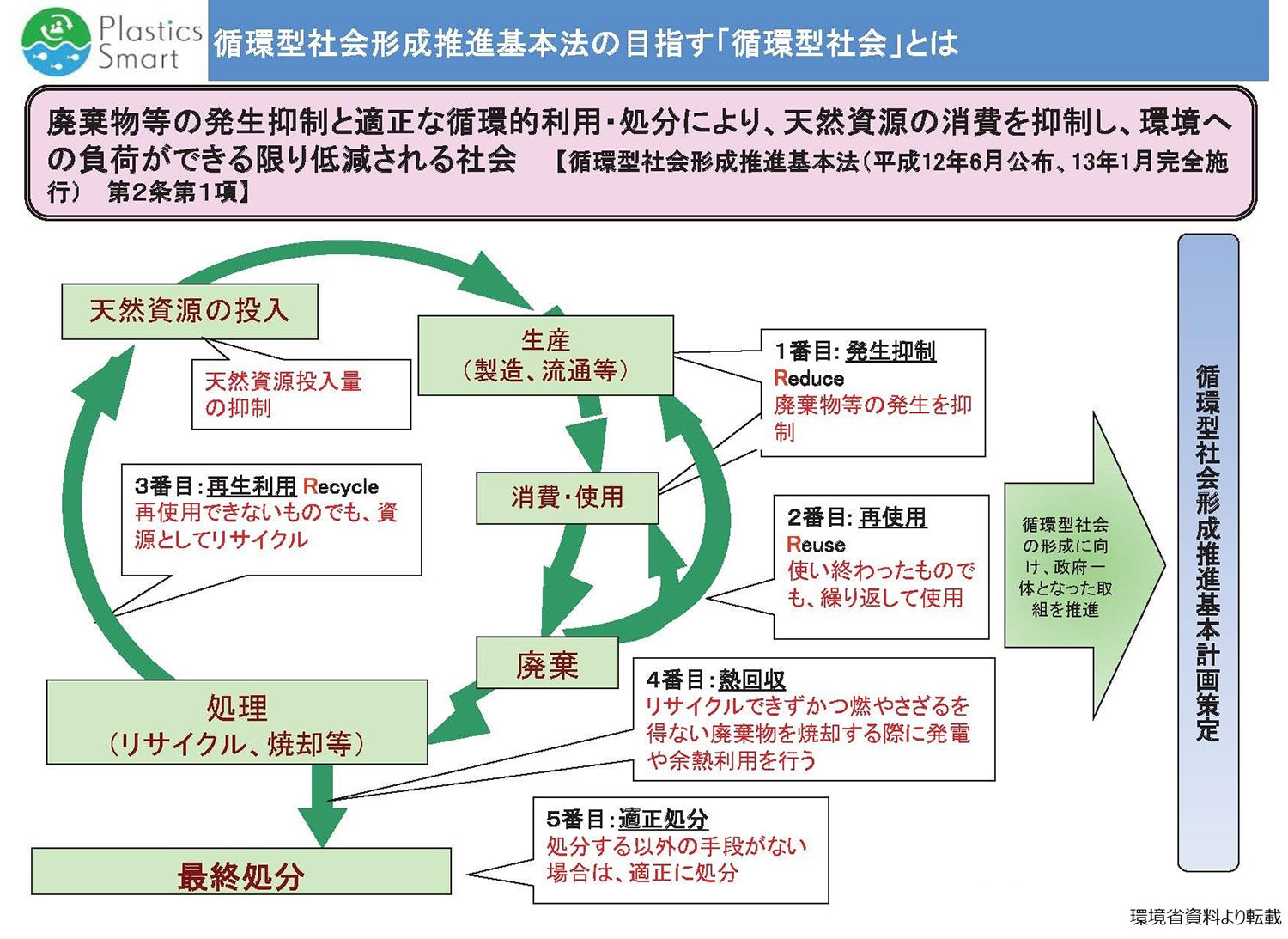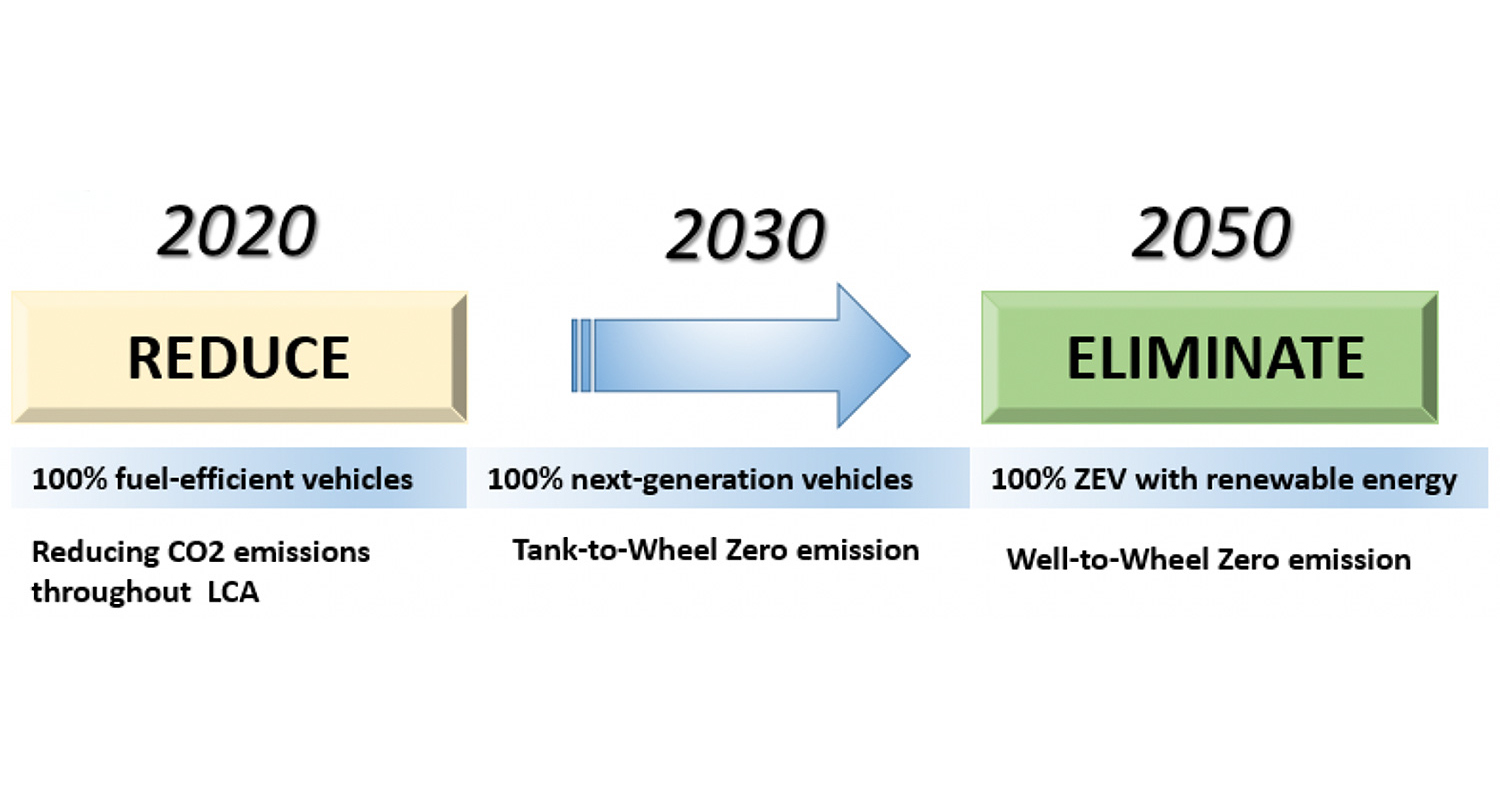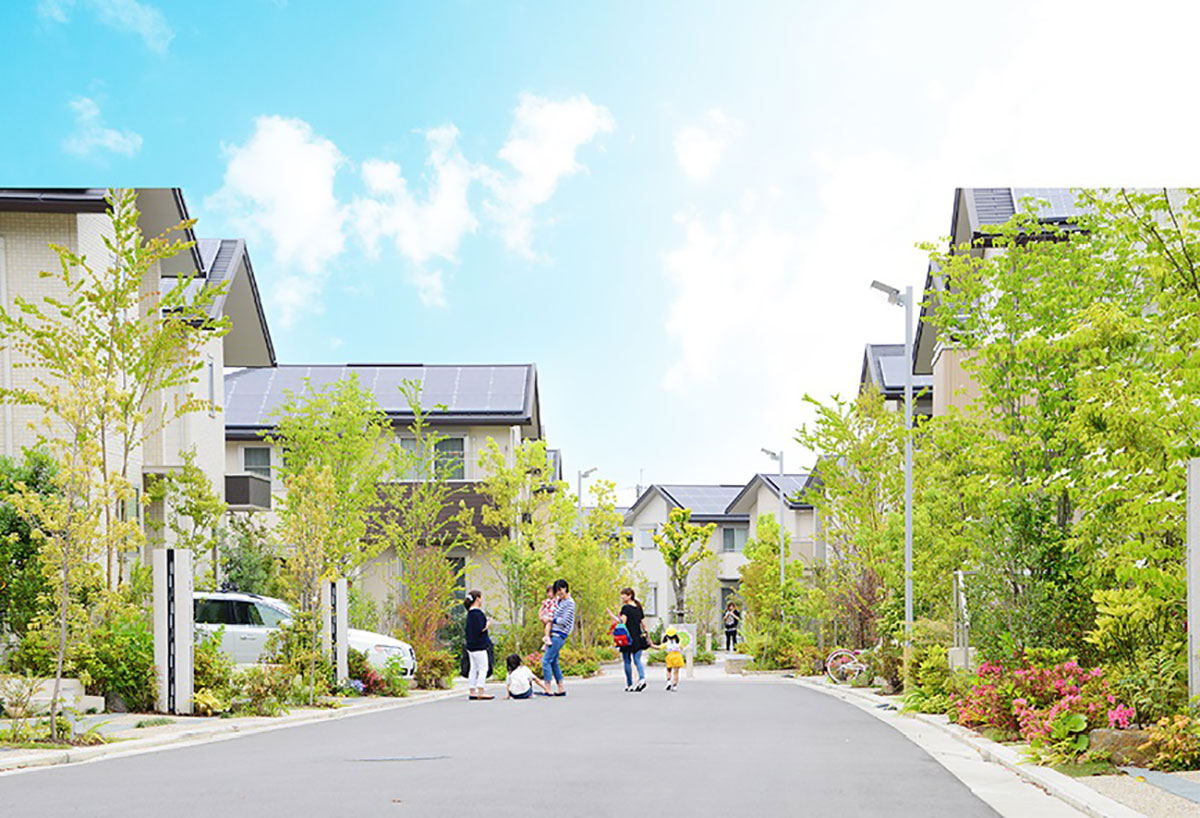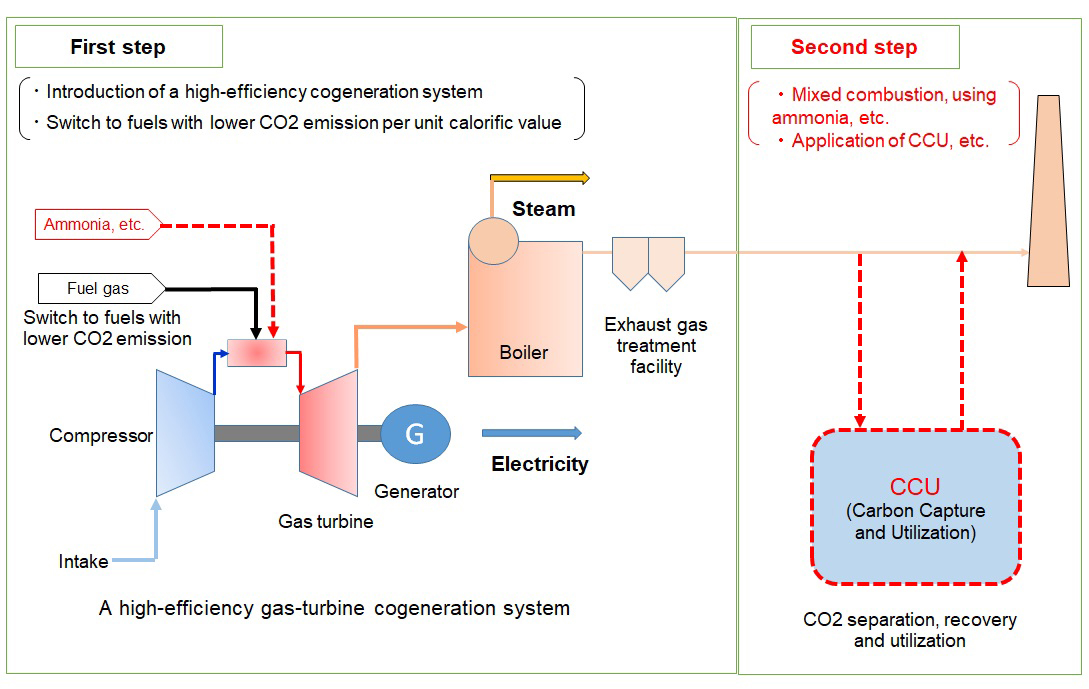Recycling of PET bottles~the reduction of CO2 emission by shortening processing of PET bottles
TOYOBO CO., LTD.
Outline
Large amount of disposed plastic materials are being incinerated, and CO2 emitted by incineration could be one factor of global warming. The entire industry has been making efforts to reduce CO2 emission, in which recycling has been considered as solution.
In our merchandise production using recycled PET resin (film, nonwoven fabric, etc.), PET bottles are first recycled into fluff or pellet by external recycler and then processed into fabric or film in TOYOBO. If they are processed directly into film or fabric, CO2 emission will be reduced.
We are using approximately 5000 t of recycled PET resin per year. If the processes for the whole production are made seamless from PET recycling through fabric/film processing,
10Kt/year of CO2 emission can be reduced.
Description
1. Achievement target for the challenge
• In terms of quantitative effect on the environment, the targets are films for food packaging and industrial usage.
• In accordance with “Plastics Material Cycle Strategy” by the government.
By 2030, the ratio of products that contain recycled resin is to be 60%.
By 2050, all products are to be replaced with those that contain recycled resin.
2. Issues to be solved to overcome the challenge
• Technical issues have already been solved until now. However, from the recycling business viewpoint, improvement of the quality of collected material plastic (less mixed amount of other types of resin) will be an important issue.
• Further improvement in collection and segregation is necessary.
3. Our concrete actions
• We are going to provide materials that are optimized for collection and segregation.
4. Quantitative effects when the challenge is overcome
• In provisional calculation, it can be predicted that the energy required for foreign matter removal and crystallization during re-pelletization of collected plastic at a recycler and the energy required for drying and remelting after we receive resin materials can be saved if the process facilities are seamlessly connected.
• Specifically, emission of CO2 during foreign matter removal and crystallization at approximately 2 t−CO2/t per 1 t of products is assumed to be duplicated. Therefore, a seamless procedure from recycling through processing into fabric and film can reduce 10Ktons of CO2 emission per 5Ktons of production for a year.
Supplementary information
Other Innovation Challenges
Development and practical application of CO2 separation membrane and system that have both high performance and practicality
TOYOBO CO., LTD.
Fuel conversion of boiler and private power generation equipment
TOYOBO CO., LTD.
The develop of a forward osmosis membrane (FO membrane) for osmotic pressure power generation using high salt concentration geothermal water
TOYOBO CO., LTD.
The develop of high performance carbon materials for the dissemination of secondary battery which is essential for utilization of renewable energy
TOYOBO CO., LTD.
The development of higher seawater concentration by the new hollow RO membrane
TOYOBO CO., LTD.
The recycle of PET bottles ~The reduction of CO2 emission by replacing recycled yean,which was made from PET bottles
TOYOBO CO., LTD.
Similar Innovation Challenges
Achieve 2050 decarbonization target with Net Zero Energy House!
Sekisui House, Ltd.
Achieving net-zero emissions by promoting renewable energy use through both our monozukuri and products.
DAIWA HOUSE INDUSTRY CO., LTD.




